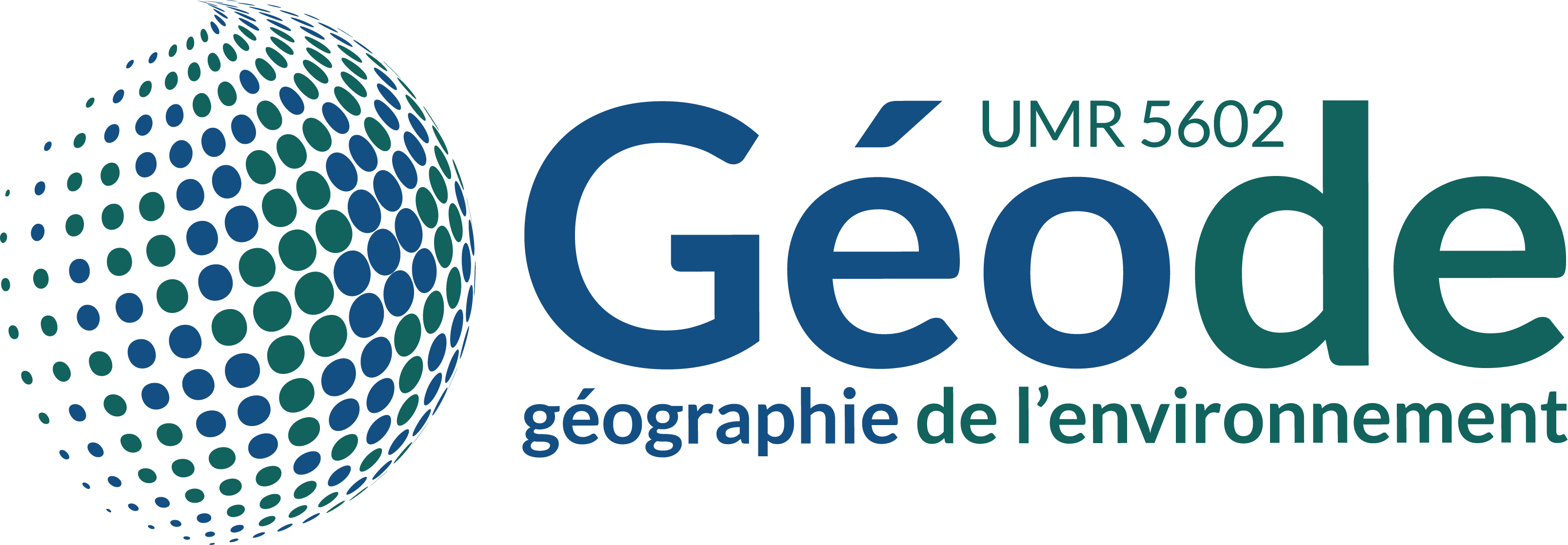-
Partager cette page

Christine Hervé
Research Scientist (First Class)Contact details
- Address
- Maison de la Recherche - Université Toulouse Jean Jaurès – 5 allées A. Machado – 31058 Toulouse Cedex
- christine.herve@cnrs.fr
Research topics
Using similar approaches, I then participated in the identification and functional characterisation of Medicago truncatula genes associated with the perception and transduction of bacterial and mycorrhizal symbiotic signals.
From 2016 onwards, I wanted to engage in broader, more integrative questioning that was closer to the major global issues of today. I completed a Master's degree in Biodiversity, Ecology and Evolution, specialising in Man and Biosphere (MAB, a UNESCO scientific programme), after which I made a radical change in focus, directing my research towards understanding and strengthening the interactions between researchers and civil society in the context of the relationship between human societies and nature.
I study areas known as biosphere reserves (BRs), which are part of UNESCO's intergovernmental scientific programme ‘Man and the Biosphere’ (MAB), to characterise the place of research in these territorial projects. In the ANR Collab2 project, we are interested in three mechanisms, including BRs, which aim to contribute to greater sustainability by promoting inter- and trans-disciplinary collaboration.
In particular, we are seeking to understand how scientific organisations and territorial dynamics promote or hinder collaboration between researchers and actors in the field in BRs.
https://www6.inrae.fr/collab2/I am also interested in the conditions for implementing a transition, and more specifically how to support the design of an agroecological transition in rural areas, including biosphere reserves.
Based on an action research programme, he examines the obstacles and drivers of this transition based on testimonials from stakeholders in biosphere reserves. What is the role of research and researchers in this support? How can we stimulate and support the collective dynamics necessary for this transformation?
https://www.mab-france.org/fr/interface-recherche-gestion/accompagner-la-transition-agroecologique-2/
I am also involved in a project on representations and experiences of forests in different regions of France and Romania. Together with colleagues in education science, we are seeking to understand the links between society and forests in order to use them as tools for education and awareness-raising. ELFES Project: Education in and through the Forest: from School to Society.
Activities / Resume
- 1993 : PhD in Molecular Biology and Plant Technology at Paul Sabatier University, Toulouse 3. ‘Research into resistance to caulimoviruses through the introduction of the capsid protein gene of the cauliflower mosaic virus (CaMV) into host plants.’
- 1997 : Recruitment at the CNRS, UMR CNRS/INRA 2594/441, Laboratory of Plant-Microorganism-Environment Interactions (section 23)Molecular Genetics of Arabidopsis thaliana
Structural and functional study of plant lectin kinase receptors
- 2002 : HDR
Study of the TCP-P transcription factor subfamily, important for plant development -
Symbiotic signals and perception-transduction in plants
- 2018 : Master's Degree, Biodiversity, Ecology, Evolution, Man and Biosphere programme, at Paul Sabatier University, Toulouse 3. ‘What research strategies for French biosphere reserves: current situation and prospects?’Research associate at Dynafor, Dynamics and Ecology of Agroforestry Landscapes, INRAE1201-INP/ENSAT-EI Purpan, France.
Studying and strengthening interactions between researchers and civil society through the establishment of biosphere reserves and support for MAB France.
- 2021 :Affiliation with GEODE, GEOgraphie De l’Environnement, UMR 5602, CNRS-Jean Jaurès University of Toulouse, France (CID52, section 39, section 23)
Study and strengthen interactions between researchers and civil society through the establishment of biosphere reserves and support for MAB France.
